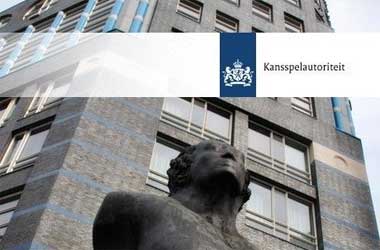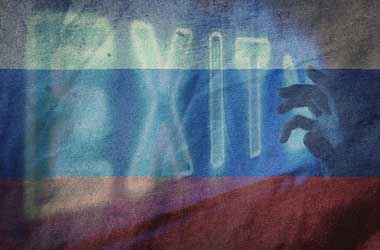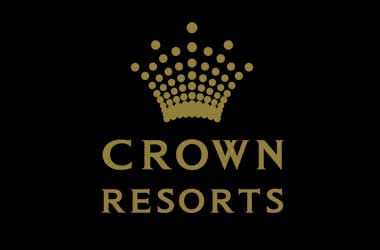KSA Appoints Panel to Review Involuntary CRUKS Registrations
 Summary
Summary
- KSA appoints specialist panel to review involuntary CRUKS registration
- Panel will offer advice if involuntary applicant should be banned or not
- KSA crackdowns on gambling advertising
Dutch gaming regulator Kansspelautoriteit (KSA) recently announced the formation of an expert panel to review involuntary self-exclusion registrations made to the player exclusion scheme called CRUKS.
The panel of experts will include healthcare specialist Bas Brons, clinical psychologist Mieke Hoste and treatment specialist Marcel Marijnissen is a move towards less intrusive practices to exclude Dutch players from gambling.
KSA Directors to Refer to Panel for Judgments
Ever since the launch of the regulatory Remote Gambling Regime (KOA Regime) in October 2021, the KSA has cracked the whip on unlicensed online gambling in the country. Therefore, all licensed gaming operators in the Netherlands must register themselves with the unified self-exclusion registry CRUKS. Operators would also provide their customers direct access to the said register. All policies related to the scheme were approved by Sander Dekker, the Minister for Legal Protection.
As far as self-exclusion schemes are concerned, CRUKS is different from its counterparts. Aside from self-exclusion requests generated by the players themselves, the scheme also entertains third-party requests for exclusion from gambling. Concerned kin, friends and partners can file exclusion requests to prevent their loved ones from succumbing to gambling addiction. Under such involuntary submissions reviewed by the board of directors at KSA, a player can be excluded from gambling for six months minimum.
After a legal review, the KSA noted that involuntary requests for self-exclusion could infringe upon the players’ consumer rights. Voluntary self-exclusion is a standard process where players submit their DigiD ID to register with the CRUKS database. However, involuntary exclusion requests were approved by the directorial board.
The review determined further that players deserved to know about the applicant and could also challenge the involuntary request. Therefore, third parties need to submit a case file furnishing adequate facts about the player’s gambling disorders and related concerns. According to the KSA, submitted case files will be reviewed within six weeks. The directors must keep in mind the panel’s recommendations before deciding on involuntary requests.
KOA Restrictions Ruffle Feathers
The KSA recently targeted 15 advertising firms over illegal marketing practices. As of now, 13 firms have already been penalized for violating the KOA Act while the others are still under investigation.
Additional restrictions include strict rules for advertising campaigns and gambling endorsements. Peter-Paul de Goeji, the MD of the Netherlands Online Gaming Association came out as a vehement KOA critic. Paul alleges that the regime seeks to benefit non-remote gambling operators who want to expand online.
Carolyn DuttonAuthor
Carolyn is our legislation expert, with a background in law she is able to cover the current state of gambling around the world





